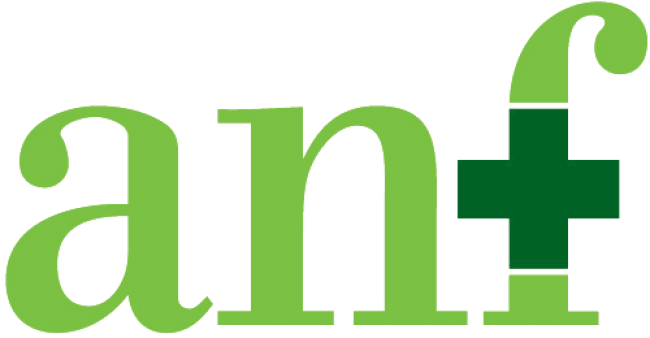Professional Practice Technical Challenges
Respiratory Support
Mechanical Ventilation and Oxygen Therapy
24-P17
May 24th 2024 - June 8th 2024
COURSE COORDINATORS
Filipa Brás Monteiro (MD) ,
Vitor Hugo Azevedo (Fisioterapeuta)
COURSE PRESENTATION
Healthcare professionals dealing with both invasive and non-invasive mechanical ventilation, as well as oxygen therapy, whether in acute or chronic settings, should possess an in-depth understanding of respiratory physiology and pathophysiology. Moreover, they need a clear comprehension of the mechanisms underlying these forms of support.
This course, tailored for healthcare professionals including medical doctors, physiotherapists, nurses, clinical physiologists, and others, aims to not only consolidate the foundational knowledge of respiratory physiology and pathophysiology related to respiratory dysfunction, thereby fostering precise clinical reasoning and evidence-based decision-making, but also to adopt a pragmatic and hands-on approach to these domains.
This practical-oriented course will significantly enhance participants' proficiency in the fundamentals of mechanical ventilation and oxygen therapy. Additionally, it will address the selection of appropriate equipment and interfaces, troubleshooting and identification of complications, and the accurate titration of interventions based on individual patient needs and contextual factors. The course will also focus on preparing for the weaning and extubation phases of mechanical ventilation, as well as on equipping attendees to facilitate the discharge of patients who require prolonged ventilatory support or oxygen therapy.
This course, tailored for healthcare professionals including medical doctors, physiotherapists, nurses, clinical physiologists, and others, aims to not only consolidate the foundational knowledge of respiratory physiology and pathophysiology related to respiratory dysfunction, thereby fostering precise clinical reasoning and evidence-based decision-making, but also to adopt a pragmatic and hands-on approach to these domains.
This practical-oriented course will significantly enhance participants' proficiency in the fundamentals of mechanical ventilation and oxygen therapy. Additionally, it will address the selection of appropriate equipment and interfaces, troubleshooting and identification of complications, and the accurate titration of interventions based on individual patient needs and contextual factors. The course will also focus on preparing for the weaning and extubation phases of mechanical ventilation, as well as on equipping attendees to facilitate the discharge of patients who require prolonged ventilatory support or oxygen therapy.
TARGET AUDIENCE
Medical Doctors, Physiotherapists, Nurses, and Clinical Physiologists
LEARNING OBJECTIVES >> KNOWLEDGE AND SKILLS TO DEVELOP
- Understand Respiratory Physiology
- Understand Oxygen Therapy Principles
- Apply, Titrate and Troubleshoot Oxygen Therapy based on current Guidelines, physiological rationale, and Evidence-Based Practice
- Understand Mechanical Ventilation background and epidemiology
- Describe Indications and Counter-Indications for Invasive and Non-Invasive Mechanical Ventilation
- Set Ventilator Modes and Parameters
- Apply Non-Invasive Ventilation
- Understand the intubation protocols and induction agents.
- Understand the basic concepts of Extracorporeal Carbon Dioxide Removal (ECCO2R) and Extracorporeal Membrane Oxygenation (ECMO).
- Analyse Ventilator Graphics and Waveforms
- Manage Ventilator-Associated Complications
- Guide Weaning and Extubation
- Make Evidence-Based Decisions
- Troubleshoot Mechanical Ventilation Issues
- Assess Patient Responses
- Recognize Ethical Considerations
- Apply Practical Skills
- Proficiency in the Patient Preparation for Discharge
ADMISSION CRITERIA
CV






